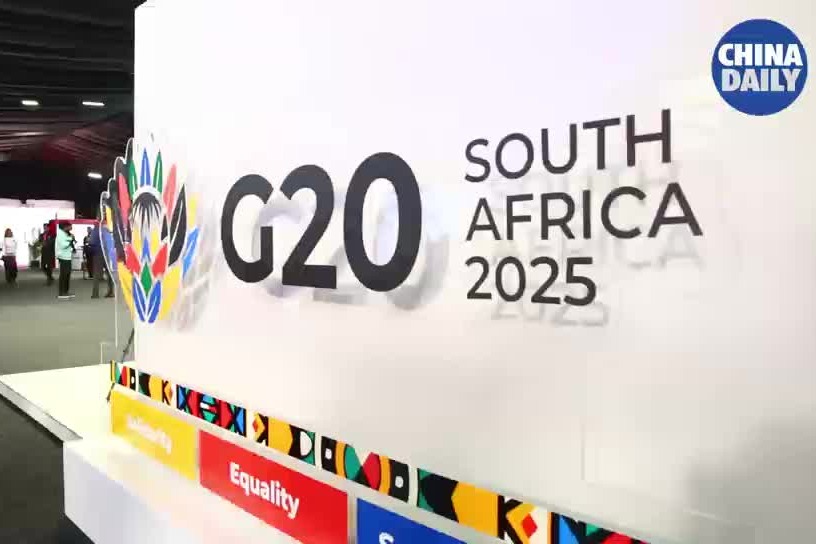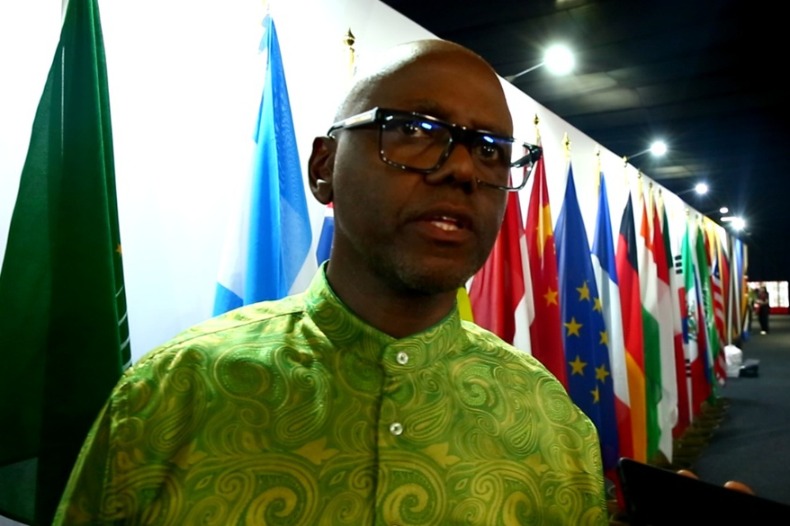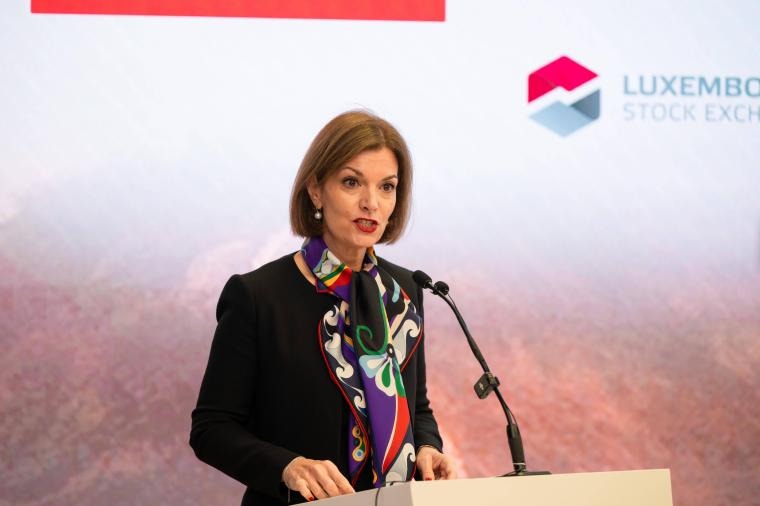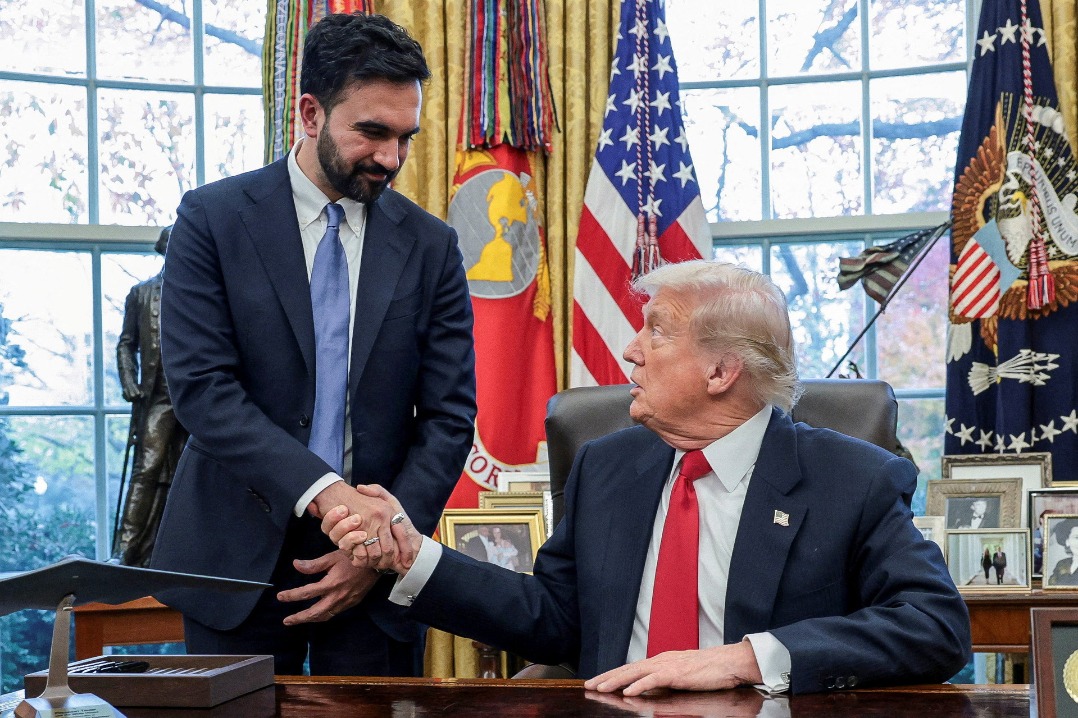Outcomes of COP30 show multilateralism is alive despite headwinds

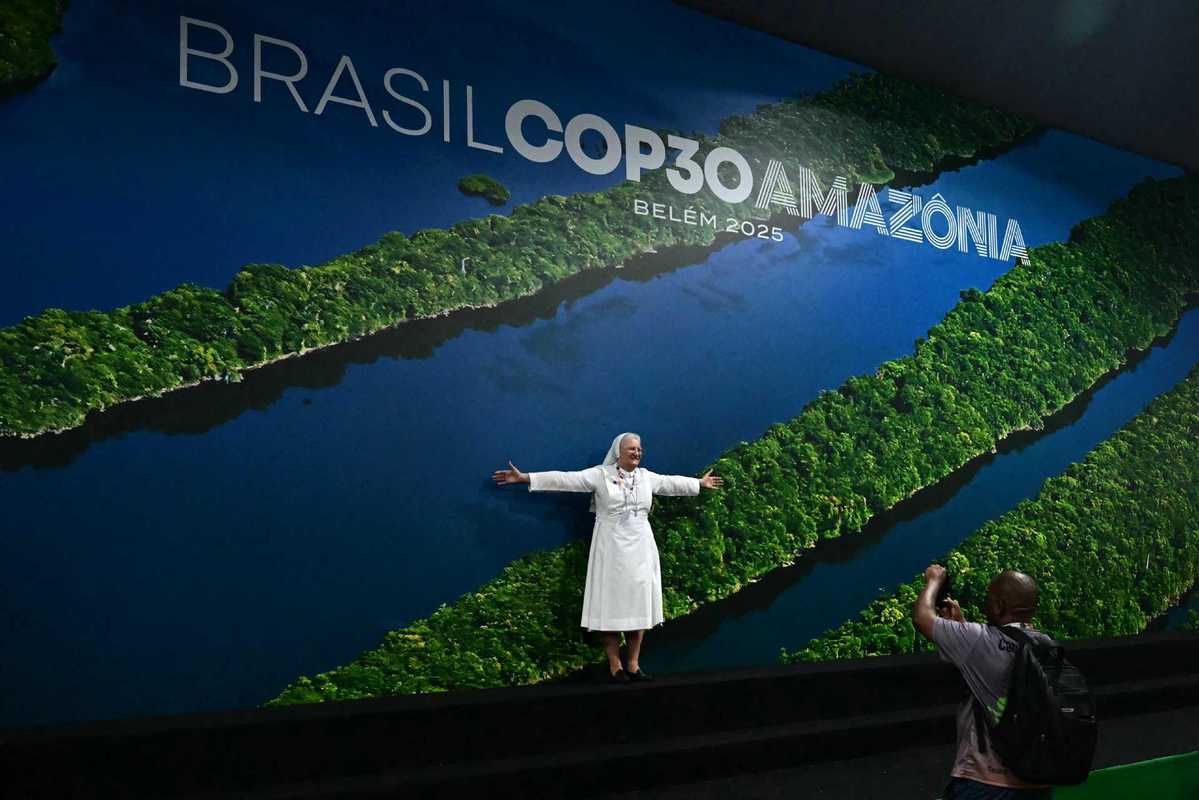
The absence of the United States notwithstanding, the 30th session of the Conference of the Parties to the United Nations Framework Convention on Climate Change, or COP30, concluded in Belem, Brazil, with the adoption of a package of outcomes, sending a strong political signal that "multilateralism is alive".
The approved decisions in the package include a commitment to triple adaptation finance by 2035, emphasizing the need for developed countries to significantly boost climate finance for developing nations.
Officials cautioned that a dangerous gap continues to exist between current climate actions and what is required to tackle the climate crisis.
The conference finalized a comprehensive set of 59 voluntary, nonprescriptive indicators to track progress under the Global Goal on Adaptation. These indicators span all sectors, including water, food, health, ecosystems and livelihoods, and integrate cross-cutting issues such as finance, technology and capacity-building.
Wang Yi, vice-chair of China's national expert panel on climate change, said the indicators are important because they provide developed countries with clearer directions on climate finance for developing nations.
COP30 also adopted a just transition mechanism aimed at enhancing international cooperation, technical assistance, capacity-building and knowledge-sharing to enable equitable and inclusive transitions.
Mutirao decision
Another key outcome involved the adoption of the historic climate action framework titled "Global Mutirao: Uniting Humanity in a Global Mobilization Against Climate Change".
The Mutirao decision includes the Global Implementation Accelerator, a collaborative and voluntary initiative launched under the leadership of the COP30 and COP31 presidencies to support countries in implementing their Nationally Determined Contributions and National Adaptation Plans.
Li Gao, head of the Chinese delegation at COP30, praised the outcomes of the UN climate conference in Belem, calling the Mutirao decision the most important of all.
Reaching the decision was "truly hard-won", he said, citing some of the profound challenges that global climate governance faces, including rising unilateralism and protectionism, and the US' announcement to withdraw from the landmark 2015 Paris Agreement on climate change.
Li, who is also China's vice-minister of ecology and environment, said the decision shows the strong political will of all parties to work together in solidarity to address climate change.
Following China's advocacy, the multilateral climate framework has for the first time incorporated a mechanism to counter unilateral measures, he noted.
The Mutirao decision reaffirms that measures to address climate change "should not constitute a means of arbitrary or unjustifiable discrimination, or a disguised restriction on international trade", he added.
In September, when announcing China's updated NDCs, President Xi Jinping said that the country will, by 2035, reduce economy-wide net greenhouse gas emissions by 7 percent to 10 percent from peak levels, and strive to do better.
The phrase "striving to do better" became popular at the Belem conference and was ultimately included in its key document as a shared global objective, Li said.
According to the Mutirao document, countries will now work to advance their national climate action plans with a view to accelerate the full implementation of NDCs "while striving to do better collectively and cooperatively".
Unprecedented signals
Simon Stiell, executive secretary of the UNFCCC, said the Mutirao decision sends "unprecedented political signals", as it acknowledges that the global transition toward low greenhouse gas emissions and climate-resilient development is irreversible and the trend of the future. It provides a clear path forward in response to the urgency of the climate crisis, he added.
COP30 showed that climate cooperation is "alive and kicking", keeping humanity in the fight for a livable planet, he said, adding, "And that's despite roaring political headwinds. That while one country stepped back, 194 countries stood firm in solidarity, rock-solid in support of climate cooperation."
Stiell said he understands the frustrations of different groups on issues such as fossil fuels, finance and responses to intensifying climate disasters, but the global community's direction is clear — the shift from fossil fuels to renewables and resilience is unstoppable.
UN Secretary-General Antonio Guterres said: "I cannot pretend that COP30 has delivered everything that is needed. The gap between where we are and what science demands remains dangerously wide."
In addition to deep and rapid emission cuts, climate justice, and a massive surge in adaptation and resilience, more climate finance is required for developing countries to reduce emissions, protect their people, and address loss and damage, Guterres said.
"To all those who marched, negotiated, advised, reported and mobilized, do not give up. History is on your side — and so is the United Nations," he said.
Andre Correa do Lago, president of COP30, said that as all parties leave Belem, the moment should not be remembered as the end of a conference, but as "the beginning of a decade of turning the game".
"The spirit we built here does not end with the gavel. It continues in every government meeting, every boardroom and trade union, every classroom, laboratory, forest community, large city and coastal town," he added.
houliqiang@chinadaily.com.cn
















